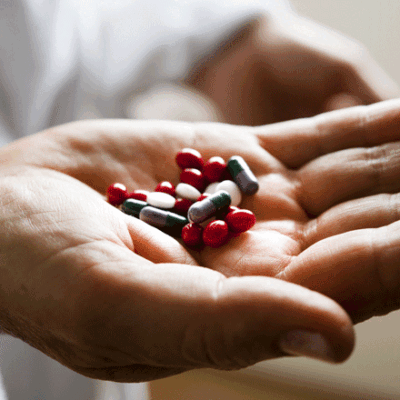Documentation
Drug Development in Japan
Drug development in Japan follows a rigorous process overseen by the Ministry of Health, Labour and Welfare (MHLW) and the Pharmaceutical and Medical Devices Agency (PMDA). The following are the key steps in drug development in Japan:
- Preclinical Studies: Before a drug can be tested in humans, it must undergo preclinical studies to assess its safety and efficacy in animals. These studies must be conducted in accordance with Good Laboratory Practice (GLP) regulations.
- Clinical Trials: Clinical trials in Japan are governed by the Pharmaceutical Affairs Act (PAA) and require approval from the PMDA. Clinical trials are conducted in three phases, with each phase designed to assess different aspects of the drug’s safety and efficacy.
- New Drug Application (NDA): Once clinical trials are completed, the drug sponsor submits an NDA to the PMDA. The NDA must include data on the drug’s safety, efficacy, and quality, as well as information on its manufacturing process.
- PMDA Review: The PMDA reviews the NDA and conducts an on-site inspection of the drug manufacturing facility. The review process can take up to 12 months and includes evaluation of the drug’s safety, efficacy, and quality.
- Approval: If the PMDA approves the NDA, the drug can be marketed in Japan. The drug sponsor must also submit periodic safety updates to the PMDA, and post-marketing surveillance is conducted to monitor the drug’s safety and efficacy.
- Patent Protection: Pharmaceutical products can be protected by patents in Japan. The PMDA is responsible for reviewing patent applications and granting patents to eligible products.
Overall, drug development in Japan is a highly regulated and rigorous process aimed at ensuring the safety and efficacy of pharmaceutical products. The PMDA plays a crucial role in this process by overseeing the approval and post-marketing surveillance of drugs in Japan.
You may be interested in the programs below:

